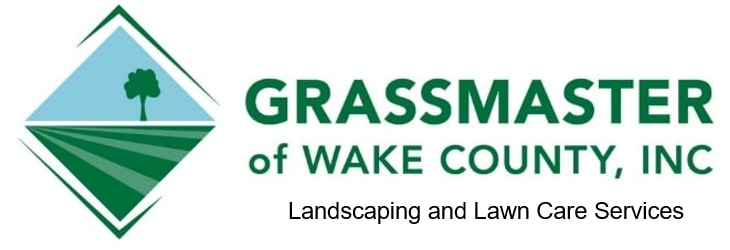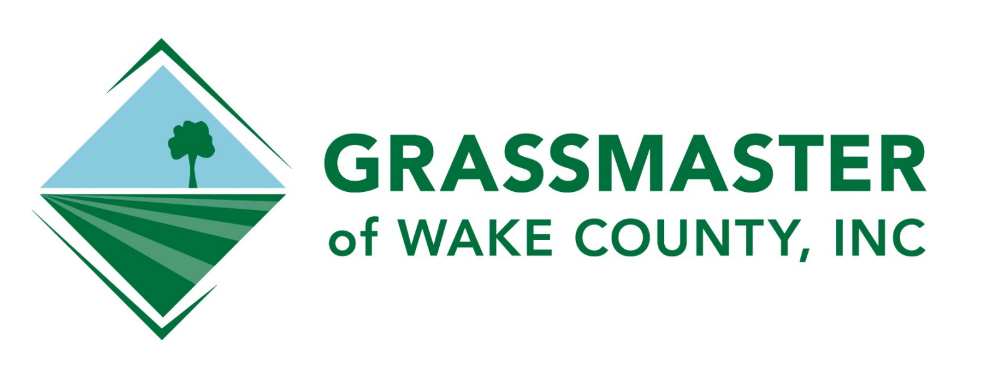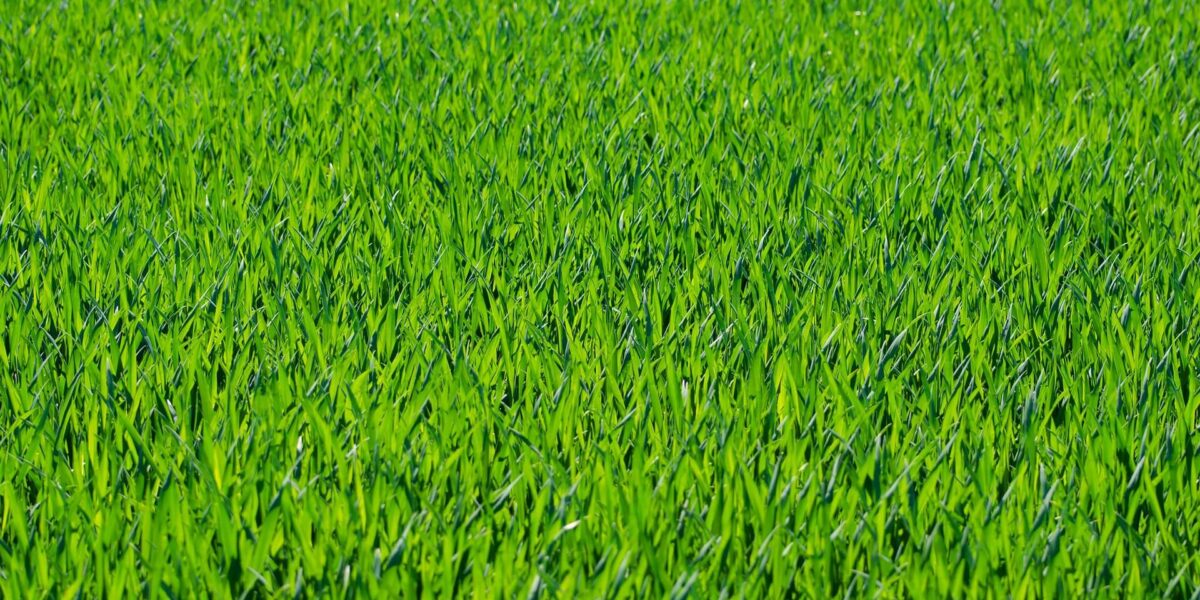Table of Contents
Keeping a lush and healthy lawn during the cool season can be challenging, especially when it comes to controlling crabgrass and other annoying weeds. One effective method for preventing crabgrass is to use a pre-emergent cool season grass fertilizer during the months when it counts.
In this article, we will discuss the use of pre-emergent for crabgrass control, post-emergent broad leaf weed control, and fertilizing fescue grass during the cool season.
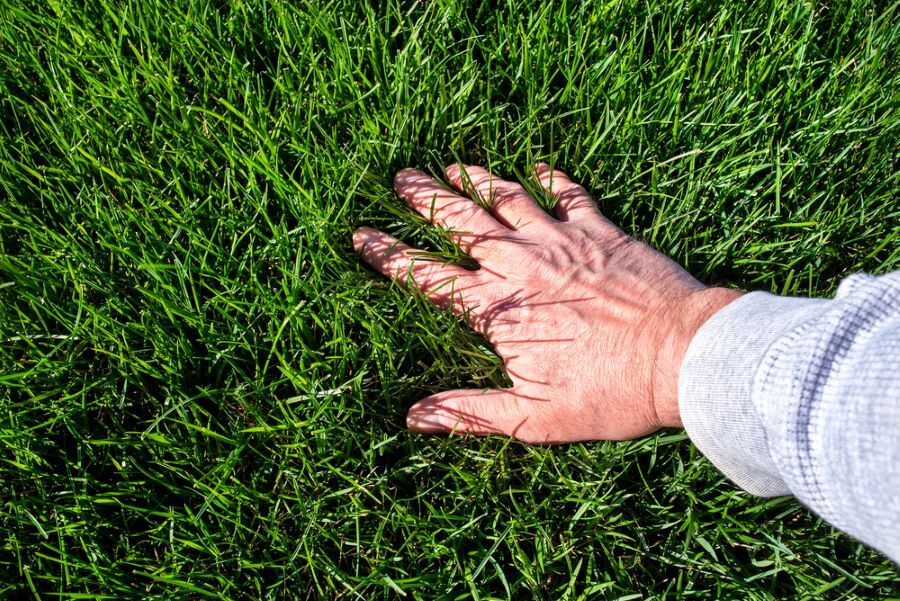
Pre-Emergent Herbicide for Crabgrass
Pre-emergent herbicides are applied to the lawn before the crabgrass seeds germinate, effectively preventing them from growing in the first place. Typically, the application is done during the cooler months in North Carolina. These herbicides work by creating a barrier in the soil that prevents the crabgrass seeds from sprouting.
The most common pre-emergent herbicides for crabgrass control are pendimethalin and prodiamine, which work well at stopping the grass in its tracks. These herbicides can be applied in the form of granules or a liquid and are typically applied in late winter or early spring before the soil temperature reaches 55 degrees Fahrenheit. Contact us about a schedule that works for you.
When Not To Add Pre-Emergent
It is important to note that pre-emergent herbicides can also prevent other grass seeds from germinating, so it is important to apply them at the right time and to not overseed your lawn within 60-90 days of application.
Using Post-Emergent for Weed Control
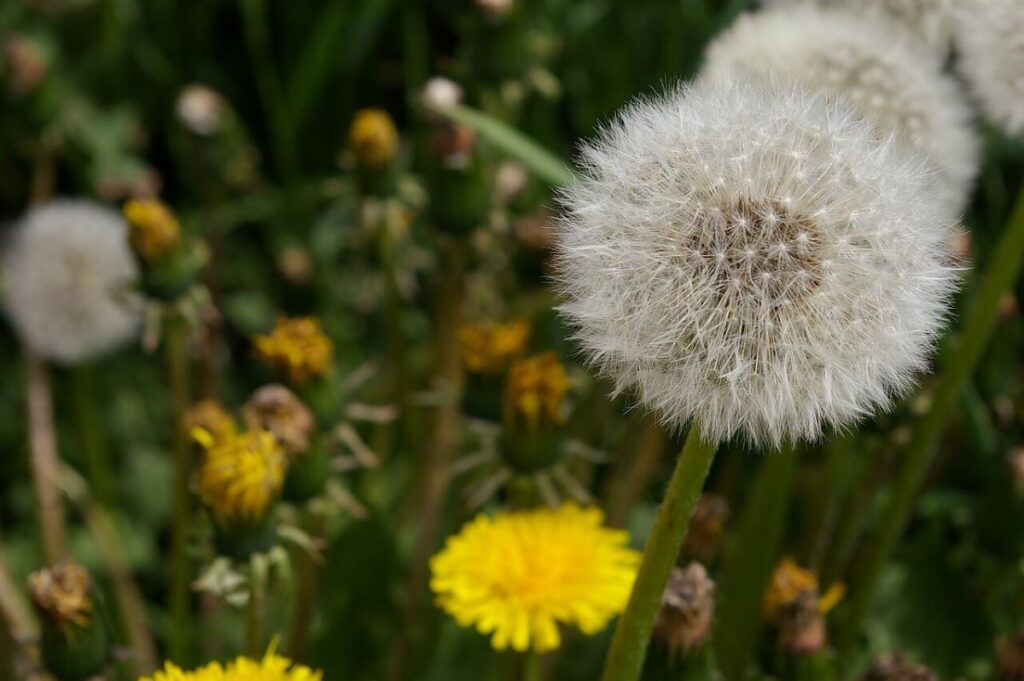
While pre-emergent herbicides are effective at preventing and turning around a crabgrass problem, pre-emergents will not control existing weeds.
For weed control, you will need to use a post-emergent herbicide. Post-emergent herbicides are applied to weeds that have already sprouted and are actively growing during the start of the warmer spring temps. The most common post-emergent herbicides for broadleaf weeds are 2,4-D, dicamba, and triclopyr. With the right herbicide and our professional application process, these herbicides can be applied in liquid form or granules. For the Raleigh area, the application process is typically done in the spring or fall when the weeds are actively growing.
Be Careful with Post-Emergent Application
When using post-emergent herbicides, it is important to be selective in your application. You should only apply the herbicide to the weeds you want to eliminate, and not to your desirable grasses. At GrassMaster of Wake County, we’ve been controlling weeds for over 20 years and understand what it takes for effective weed control.
When to Use Cool Season Grass Fertilizer for Fescue
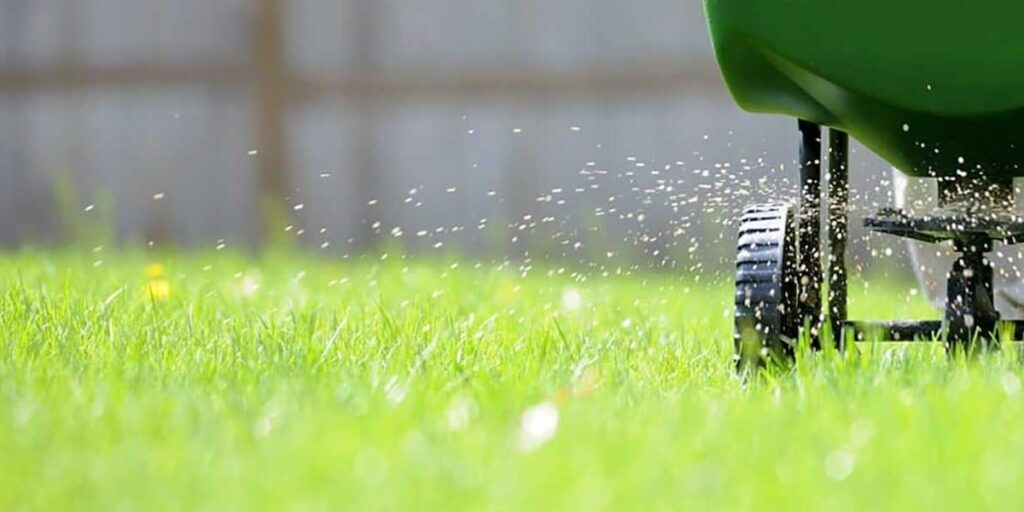
An important step in maintaining a healthy lawn is fertilizing your fescue grass during the cool season months. Fescue, being a cool-season grass, prefers to grow in the cooler months of the year. The best time to fertilize fescue grass is in the fall when the grass is actively growing and desiring good nutrients to support healthy blades and strong root systems.
When fertilizing fescue grass, you should use a fertilizer that is high in nitrogen, which is the nutrient that promotes leaf growth. A fertilizer with a ratio of 3-1-2 or 4-1-2 is ideal for fescue grass. It is important to not over-fertilize your lawn. Over-fertilization can lead to excessive growth, which is more susceptible to disease and pests. It’s also important to make sure that the fertilizer is watered in well after application to prevent runoff.
The Bottom Line for Effective Lawn Maintenance and Healthy Grass
In conclusion, pre-emergent herbicides are an effective tool for preventing crabgrass, post-emergent broad-leaf weed control is effective in controlling existing weeds, and fertilizing fescue during the cool season grass period is important for maintaining a healthy lawn.
By following these tips, you can keep your lawn and yard looking its best even during the cool season grass weather.
However, it is important to always follow the instructions on the product labels and not over-apply any of the products. Over-application can kill grass and could damage your lawn.
Additionally, it’s important to consult with a professional if you have any doubts about the best approach for your lawn during the cool season grass fertilizer season. At GrassMaster of Wake County, we know what lawns need in the Raleigh area regarding effective pre, post, and fertilizing treatments for your lawn.
Call us at 919-796-1633 or fill out our Contact Form for a free estimate regarding maintaining your lawn.
We’d be glad to show you our process and help you learn what you need to do to have a more beautiful lawn you can enjoy during the spring and summer months in North Carolina.
